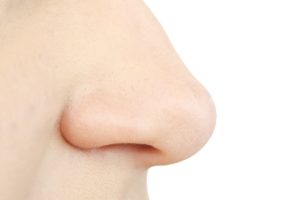 Millions of us have had a least one COVID infection. Many suffered a loss of smell during the infection. A recent study by NYU Langone researchers found that the loss of smell can linger for at least 2 years after the infection. And even if you thought that your smell was never impacted or that it has recovered, it actually may not have fully recovered, but only partially recovered.
Millions of us have had a least one COVID infection. Many suffered a loss of smell during the infection. A recent study by NYU Langone researchers found that the loss of smell can linger for at least 2 years after the infection. And even if you thought that your smell was never impacted or that it has recovered, it actually may not have fully recovered, but only partially recovered.
Among the 3525 participants in the study that reported a loss of smell during a COVID infection - 80% still had not fully recovered their sense of smell 2 years later, and for 23% it was severely diminished or lost. Interestingly, 66% of persons who originally had a COVID infection, but did not notice any smelling issues, also scored abnormally low on the evaluation done 2 years after the infection.
It can be said that their sense of smell has dulled (olfactory dysfunction). This reduced ability to smell is called hyposmia. Researchers administer a 40-odor test to persons to determine their smelling ability. To help recover the sense of smell, vitamin A supplementation and olfactory training are being tried.
From Science Daily: Millions could be living with hidden smell loss after COVID without knowing
People who suspect that their sense of smell has been dulled after a bout of COVID-19 are likely correct, a new study using an objective, 40-odor test shows. Even those who do not notice any olfactory issues may be impaired. ...continue reading "Loss of Smell from A COVID Infection Can Linger For At Least Two Years"
